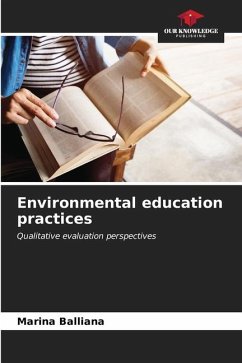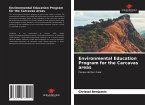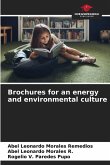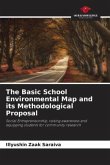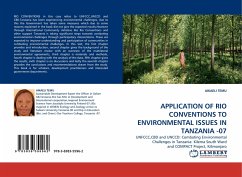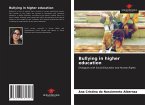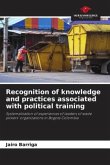The aim of the research is to draw up guidelines for diagnosing and qualitatively assessing the effectiveness of environmental education projects developed by governmental and non-governmental organisations operating in Curitiba. The methodology used was qualitative and descriptive. Three institutions that carry out environmental education projects in Paraná were selected, two public bodies and one NGO. A project was chosen from each of them for analysis, and in-depth interviews were conducted with the professionals responsible for the respective projects. The results indicated that quantitative evaluation methods were prioritised and the interviewees pointed to the difficulty of measuring subjective aspects as the main complicating factor in including quality aspects. Guidelines for qualitative evaluation were proposed, emphasising the need for the project manager to have contact with the population in order to access the subjective and cultural aspects that characterise qualitative evaluation, and the opportunity for the community to decide on relevant issues and seek solutions that suit the reality they experience.

